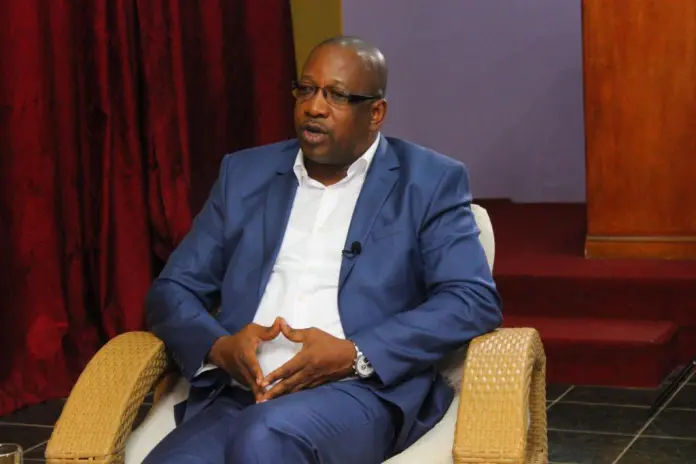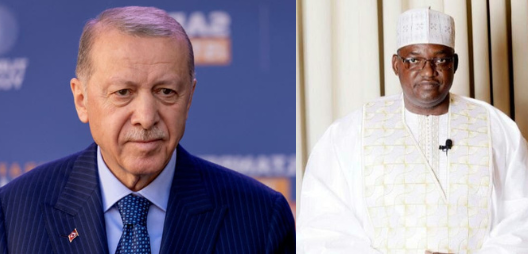
By Omar Bah
Retired Gambian international civil servant, Lamin Manneh, has urged the National Assembly to reject the government’s plans to use Senegambia Bridge in a recycling agreement with Afria50.
Manneh, a former staff of the African Development Bank, said: “They should know that this is not in our best interest because whatever infrastructure the government wants to build, they can build it at a cheaper rate. So, parliament should refuse to ratify this agreement because if they don’t ratify it, the government cannot do anything about it.”
He argued that if the Assembly approved the agreement and the government ended up mismanaging the money or using it on building roads and debt servicing, it would have a serious financial implication for the country.
Manneh said that as a founding member of the Africa50, he would want them to succeed, but in a different way.
He said nobody in his right sense will take a 15 percent interest loan to build infrastructure.
“It doesn’t make any economic sense,” he said.
“They are calling it taking money upfront, but my understanding is that they are borrowing a certain amount against an asset, and it doesn’t matter how you want to call it, it is mortgaging,” he argued.
Finance minister
Manneh advised the finance minister to be transparent and accountable to the Gambian people.
“I think the best thing the minister could do is release those documents so that we all see for ourselves and make up our minds on whether it is an MoU or an agreement because they are totally different things. I do know for a fact that they signed an MoU in January of this year. Did they sign a second MoU? What is it about? Nobody knows,” he said.
He said the MoU is of serious concern to Gambians, especially those who know its implications.
“It concerns our money; he is going to borrow on our behalf, and we are going to have to pay it back, so we need to know what he’s borrowing. Do we agree with it or not? The country is already in a debt distress situation; if you’re going to add to that, we need to know what you’re doing.
“So, the best thing for him to do is to publish that and be transparent because otherwise it will just be a conjecture and people will just be imagining things and spreading rumours,” he said.
Manneh said if the minister had signed an agreement, as he told CNBC, then it needed to go to the Assembly.
“He was telling the press on Saturday that this doesn’t need to go to the Assembly and that the Public Finance Act authorises him to do certain transactions and sign agreements. Well, the minister will be well advised to go and listen to his government lawyers because he should know that if the Public Finance Act authorises him to circumvent what the constitution says, he is in trouble,” he said.
Manneh added that the minister should know that the constitution supersedes any act of parliament.
“Any good lawyer will tell him that,” he added.
“I am going to go back and read the Public Finance Act because I do not believe that it will authorised him in any way to sign an agreement of this magnitude without going to parliament. That is not honour, and if he does, he is making himself liable to impeachment,” he said.
Manneh added that if the minister doesn’t seek ratification from the Assembly the document will not fly, and parliamentarians would then have the opportunity to either reprimand him or recommend his removal by the president.
“At that point, the president will have no choice but to remove him, so he should be careful about what he does and what he says. That said, if he did not sign an agreement, he would be well advised to discuss it with the Assembly,” he said.



